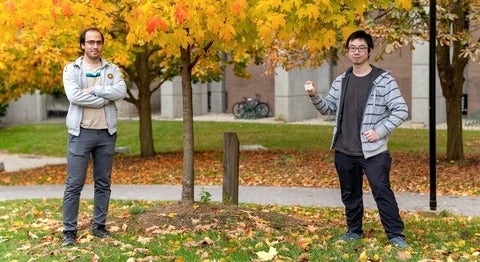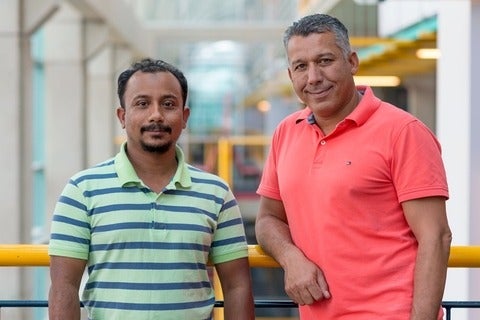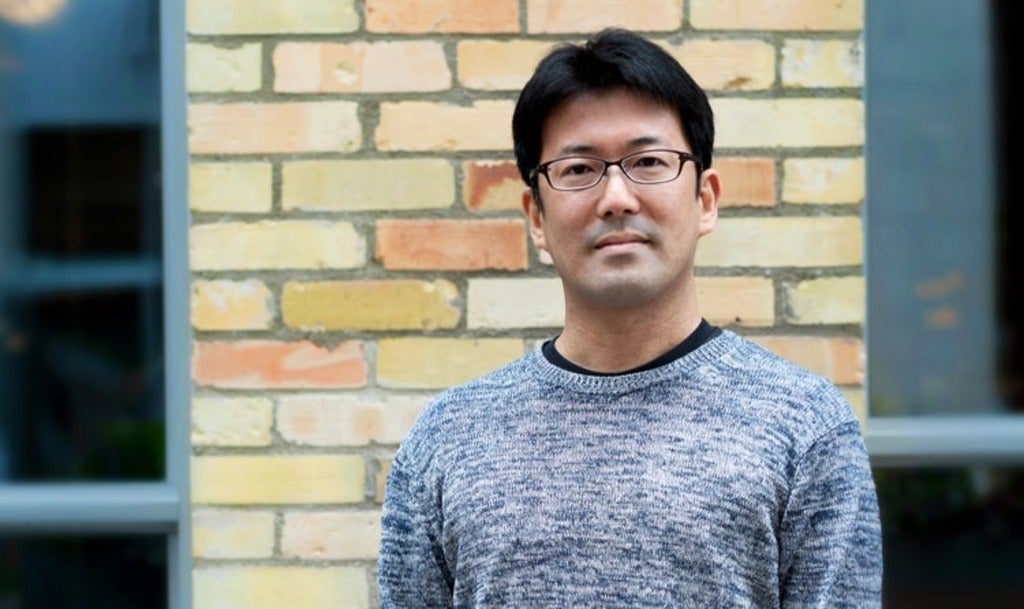Professor N. Asokan receives best paper award from IEEE Transactions on Computers
A paper coauthored by Professor and Cheriton Chair N. Asokan has received the 2019 Best Paper Award from IEEE Transactions on Computers by the IEEE Computer Society Publications Board.








